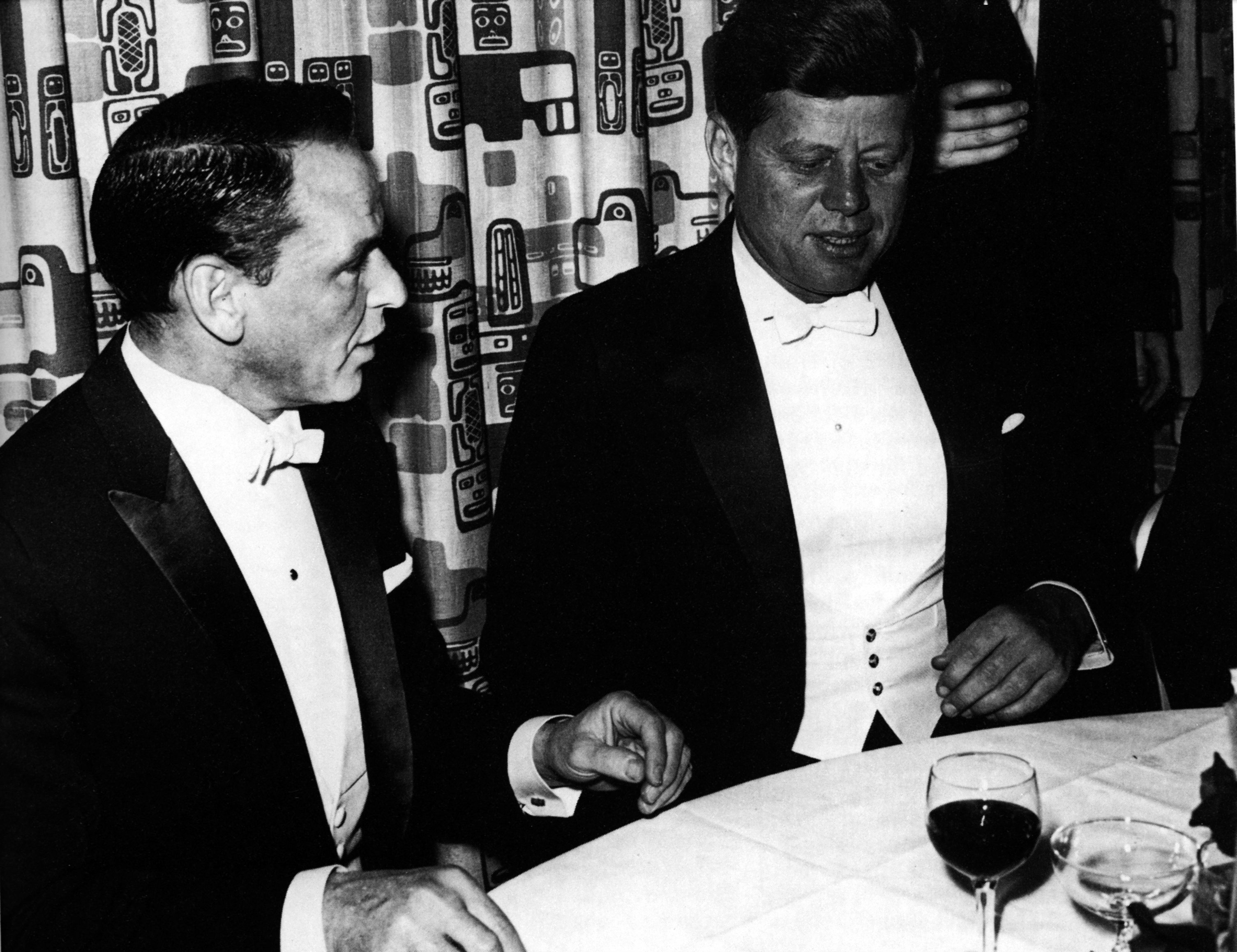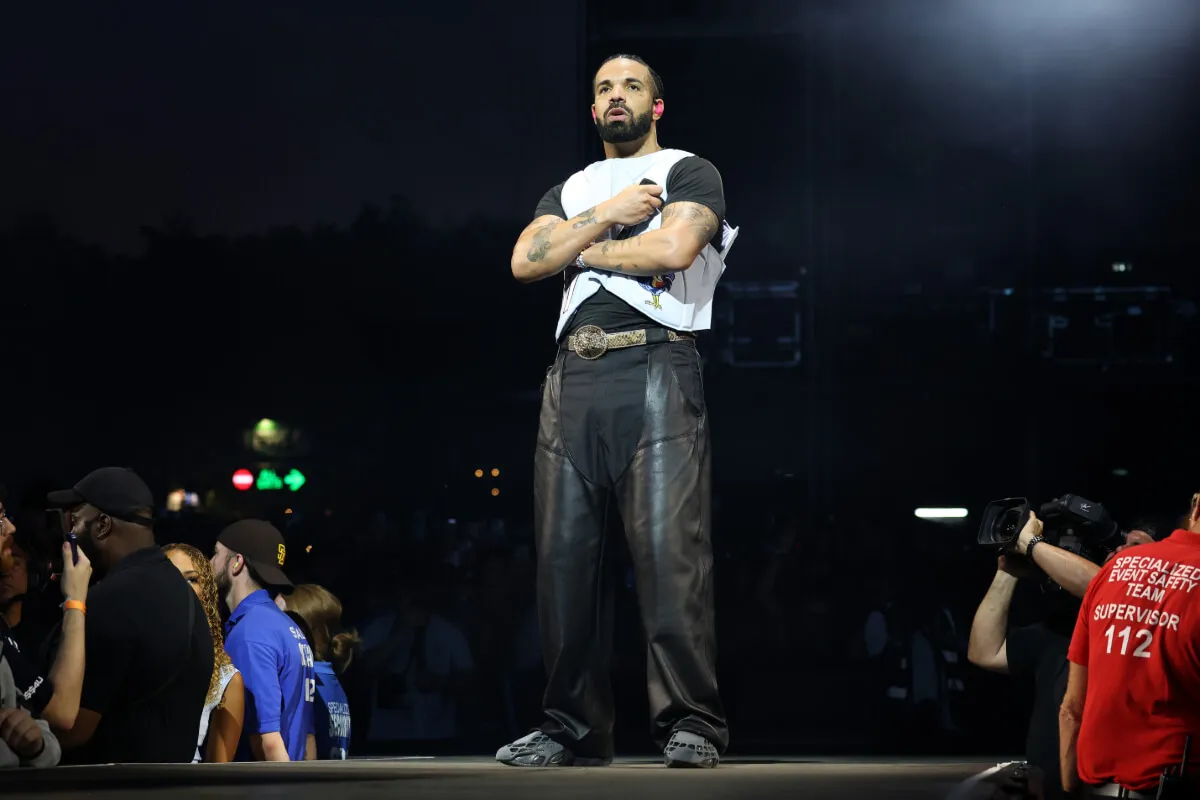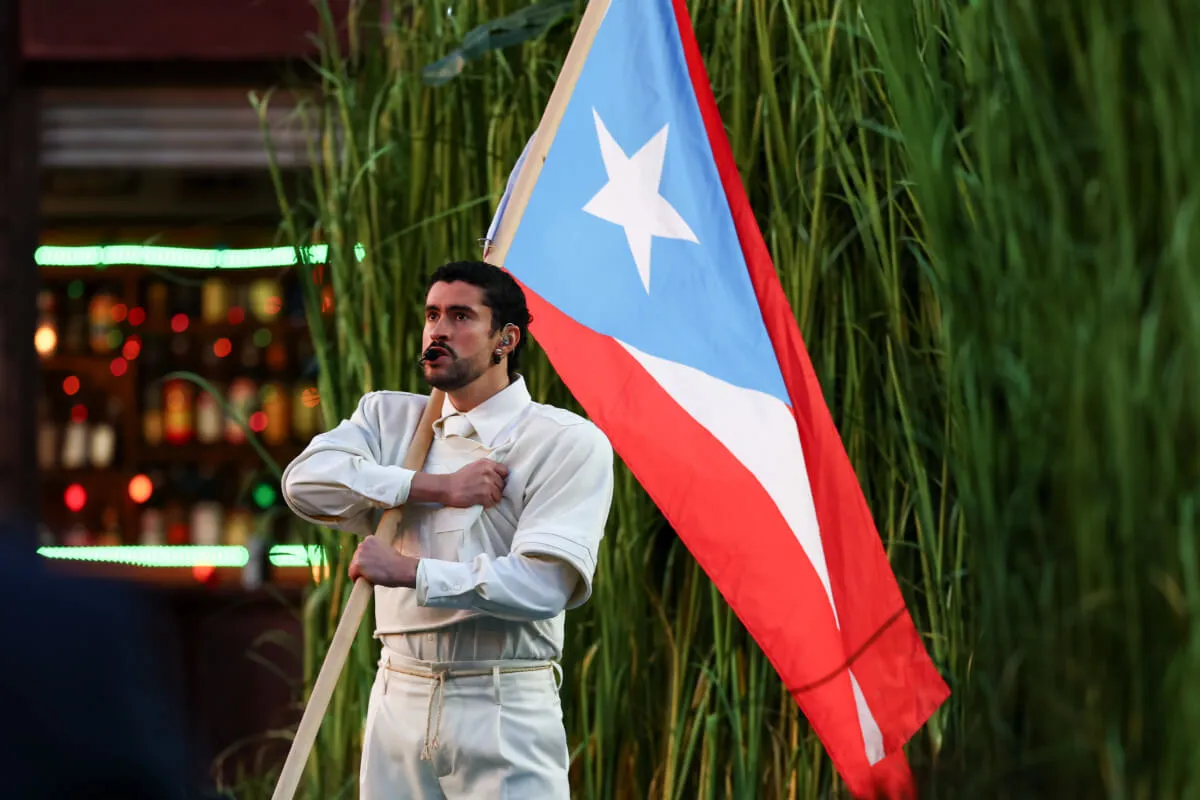Frank Sinatra and John F. Kennedy Had One of the Most Powerful Friendships in History
The ’50s were marked by several historic milestones — the escalating Cold War, the launch of Sputnik 1, and the invention of the polio vaccine. But it also marked the peak of an unlikely, historic friendship between politician John F. Kennedy and musician Frank Sinatra.
The former was still a U.S. senator and had yet to declare his candidacy to be 35th president of the United States, and the latter had just started his music career revival and his so-called Capitol years. But the two formed a powerful friendship that would change the course of history forever.

John F. Kennedy and Frank Sinatra became friends in the ’50s
It’s not clear exactly when Sinatra and Kennedy met each other, but it may have to do with their mutual connection via marriage.
In the ’50s, Sinatra was a member of the Rat Pack, a group of entertainers that included people like Dean Martin, Sammy Davis Jr., and Peter Lawford. According to the John F. Kennedy Presidential Library, Lawford married Kennedy’s sister Patricia in the early ’50s.
Around this time, Sinatra was released his film From Here to Eternity, which helped relaunch his career. And Kennedy was just starting his congressional career, first being elected to the House of Representatives in the late ’40s and then running for — and winning — a senate seat in 1953.
According to a Tampa Bay newspaper clipping published by Newspapers.com, by the late ’50s news had leaked that Kennedy was thinking of launching his bid to become U.S. president.
His burgeoning presidential campaign needed some celebrity endorsements, and suddenly Kenney and Sinatra’s friendship was in the spotlight.
The powerful friendship between John F. Kennedy and Frank Sinatra was mutually beneficial
According to Biography.com, Kennedy went to a Rat Pack show in Las Vegas in February 1960. It was during this specific Rat Pack performance that Sinatra saw Kennedy in the crowd, and told the audience that his friend should be the next U.S. president. It was a public relations stunt to help build momentum for the senator’s political campaign.
“Given [Sinatra’s] influence as a top-selling recording artist and A-list movie star, the campaign figured he was the perfect person to recruit fellow high-profile entertainers to spread the word and open their pocketbooks in support of the rising politician,” reports Biography.com. But it wasn’t just about boosting Kennedy’s appeal to the public, and raising donations for him.
Sinatra also wanted to use the friendship for his own benefit, too.
People magazine reports that Sinatra loved to brag about his friendship with Kennedy because Kennedy’s political clout gave Sinatra “legitimacy” that other Hollywood celebrities couldn’t.
The two were essentially giving each other credibility and support from their respective corners of influence, which went on to help each of them reach new levels of success.
The powerful friendship was successful but short-lived
Biography.com notes that Frank Sinatra did major work for John F. Kennedy’s campaign, even going so far as to host fundraising dinners for the politician, and lending Kennedy the use of his own private jet.
And People points out that the two saw their mutual friendship as key for their mutual successes, saying that when Kennedy won the presidential candidacy nomination at the 1960 Democratic National Convention, Sinatra said “we’re on our way to the White House!” The use of the word “we” highlights their bond.
However, this powerful, historic friendship didn’t last long and began to fall apart shortly after Kennedy was elected president.
Town & Country reports that there are many rumors about why their friendship disintegrated, including an alleged affair between Sinatra and one of Kennedy’s sisters. And Biography.com shares that their friendship might also have soured because of Sinatra’s alleged ties to the Mob, which may have alarmed the FBI.
Whatever the reason, the two stars went their separate ways. But their friendship left an indelible mark on American politics and American music forever.


